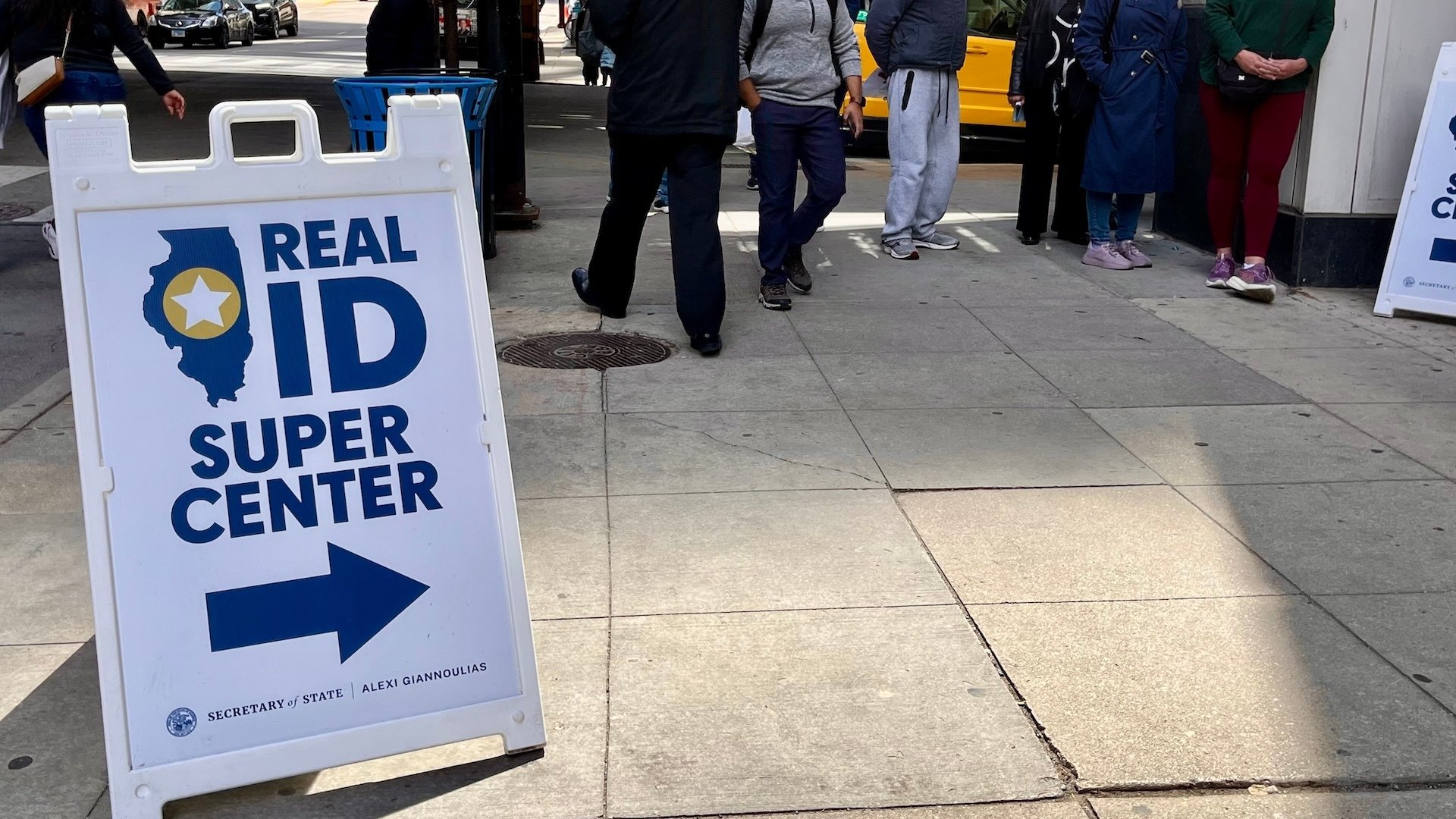The deadline for obtaining a REAL ID has come and gone. If you’re planning on flying or entering a federal building, you’ll need a driver’s license or state identification card that complies with the Department of Homeland Security’s new requirements (or an alternative like a passport or Trusted Traveler card).
There are plenty of people who still need to upgrade to a REAL ID for upcoming travel—in some states, fewer than half of residents have a compliant license and may encounter long lines to obtain one. And where there’s urgency, there’s opportunity for scammers to strike. Here’s what to know about REAL ID scams and how to avoid them.
How REAL ID scams work
Scammers have been targeting REAL ID for several years, as the deadline has been pushed back multiple times.
According to the AARP, most of these frauds are in the form of phishing: emails, texts, or calls that appear to be from the DMV or DHS with links to fake websites that promise to help you apply for a REAL ID or update your personal information to complete the process. These sites actually collect your data, which can be used maliciously, or force you to download malware to your device.
One early version of this scam targeting residents in Illinois offered a “driver’s license waiver,” which doesn’t exist. The Better Business Bureau is currently warning consumers about scams that promise to help you get your REAL ID online, which isn’t possible—the REAL ID process requires a visit to the DMV. While you may be able to start the application online in some states, you can’t complete it without going in person.
How to spot REAL ID scams
If you already have a REAL ID, you do not need to do anything, and you can ignore any messages indicating otherwise. Licenses issued in recent years—either new or upon renewal—are already compliant, so just check for a gold or black star in the corner. There’s also no hurry if you don’t have air travel planned: A valid regular ID is sufficient in most other cases, and you can use REAL ID alternatives to fly if you have them.
If you still need to upgrade to a REAL ID, know that neither the DMV nor DHS will contact you out of the blue to request personal information. Be skeptical of unsolicited texts, emails, and calls—some obvious signs of a scam are area codes that don’t match your location and email addresses that end with .com rather than .gov. Official automated texts usually come from five-digit numbers, not full phone numbers or email addresses. Never click links in messages from unknown senders.
You should also ignore any services that claim to provide REAL IDs online, letting you skip the DMV trip. These are scams. You also should not need to provide bank account or credit card numbers when completing online applications—REAL IDs do require a fee, but this is paid in person at the DMV.
